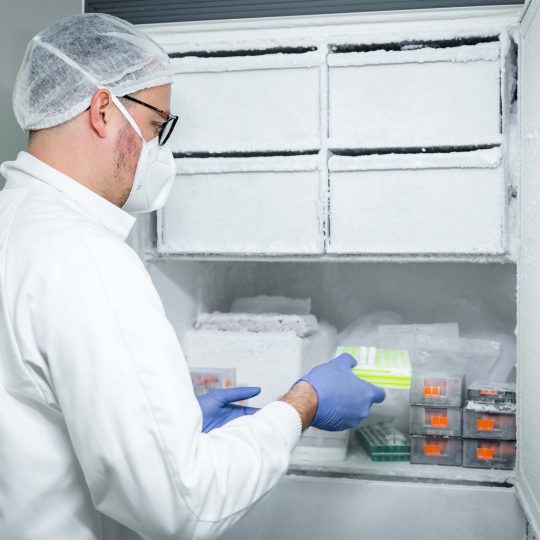In-Silico Trials
Accelerate drug development with clinical trials
At Biotrial, we harness the power of In-Silico trials—also known as synthetic clinical trials—to simulate and predict the performance of drugs and medical interventions using advanced computational modeling. These digital simulations help shape study designs, reduce development costs, improve patient safety and speed up decision-making across clinical development.
We view In-Silico trials not as a replacement for real-world studies but as a powerful complement. They pave the way for a new era of model-informed decision-making in the pharmaceutical industry and provide valuable support in interactions with regulatory authorities.







